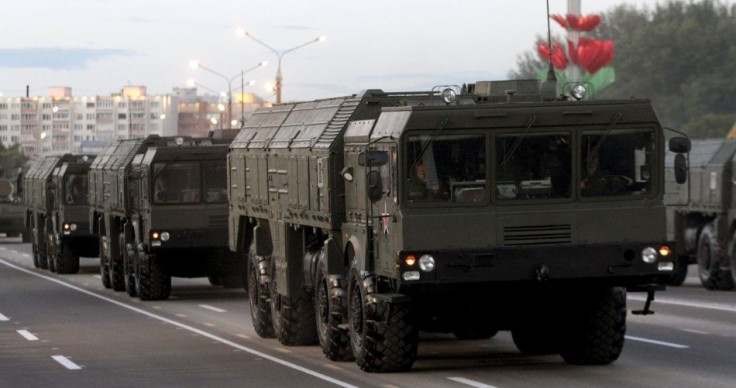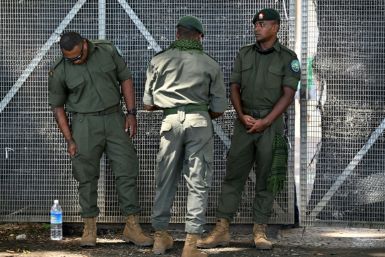US, NATO Approves Creation Of Ultra-Rapid-Reaction Force To Counter Russia's Military Advances

As Russia continues to spend on upgrading its military, NATO and the U.S. are moving their combat operations from Afghanistan to Europe in 2015. U.S. President Barack Obama and other NATO leaders have ordered the creation of a multinational force to act as an "ultra-rapid-reaction" unit to deter Russia.
According to AP, the priority for the 28-nation alliance will be to launch the new force and prepare it for operations. The agile expeditionary force may be deployed to serve as a reinforcement to alliance members who feel threatened by the military advances of Russian President Vladimir Putin.
NATO Secretary-General Jens Stoltenberg described the creation of the new force and other components, including improvement of alliance capabilities, as the "biggest reinforcement of collective defence" since the end of the Cold War. He said it was the alliance's highest priority to implement the plan.
Military analysts believe that with NATO out of the picture in Afghanistan, the alliance's next move will depend on existing realities in Europe as tension continues over Russia's annexation of Crimea and its alleged intervention in the Ukraine conflict. Michael Brown, George Washington University's dean of the Elliot School of International Affairs, remarked that the biggest challenge for NATO in 2015 will be to advance its core mission to promote security of member nations and ensure stability in Europe.
Brown believes collective defence will be a challenge since alliance leaders may have taken it for granted for years. Since the end of the Cold War, Russia has developed several "unconventional" tactics that may need new and unconventional responses. He also mentioned the fact that despite abandoning combat operations in Afghanistan, NATO will still be involved in training government forces.
Mr Obama and the rest of alliance leaders have approved the Readiness Action Plan in response to Russia's aggressive military strategy and upgrade alliance capabilities. Marcin Terlikowski, head of the European Security and Defence Economics project at the Polish Institute of International Affairs in Warsaw, said 2015 will be all about NATO displaying its military strength for Russia to see.
Reports said it was still unclear who will fund the new ultra-rapid-reaction force, but speculations point to the U.S. shouldering most of the expenses. Other analysts also predict Germany to foot the bill as it is NATO's wealthiest member in Europe, said Bruno Lete from the German Marshall Fund.
Meanwhile, due to Russia's growing military threat, Lithuania has published a survival guide for its citizens in the event of a Russian invasion. Newsweek reported the country's national defence minister Juozas Olekas released a public information book on "how to act in extreme situations or instances of war."
In a press conference, Olekas said the joint project between the ministry of defence and the fire brigade aims to educate the population in times of emergencies and war situations. He remarked the project has become more urgent because of Russia's "recurring aggression" against its neighbours especially Ukraine.
For questions/comments regarding the article, contact the writer at r.su@ibtimes.com.au.






